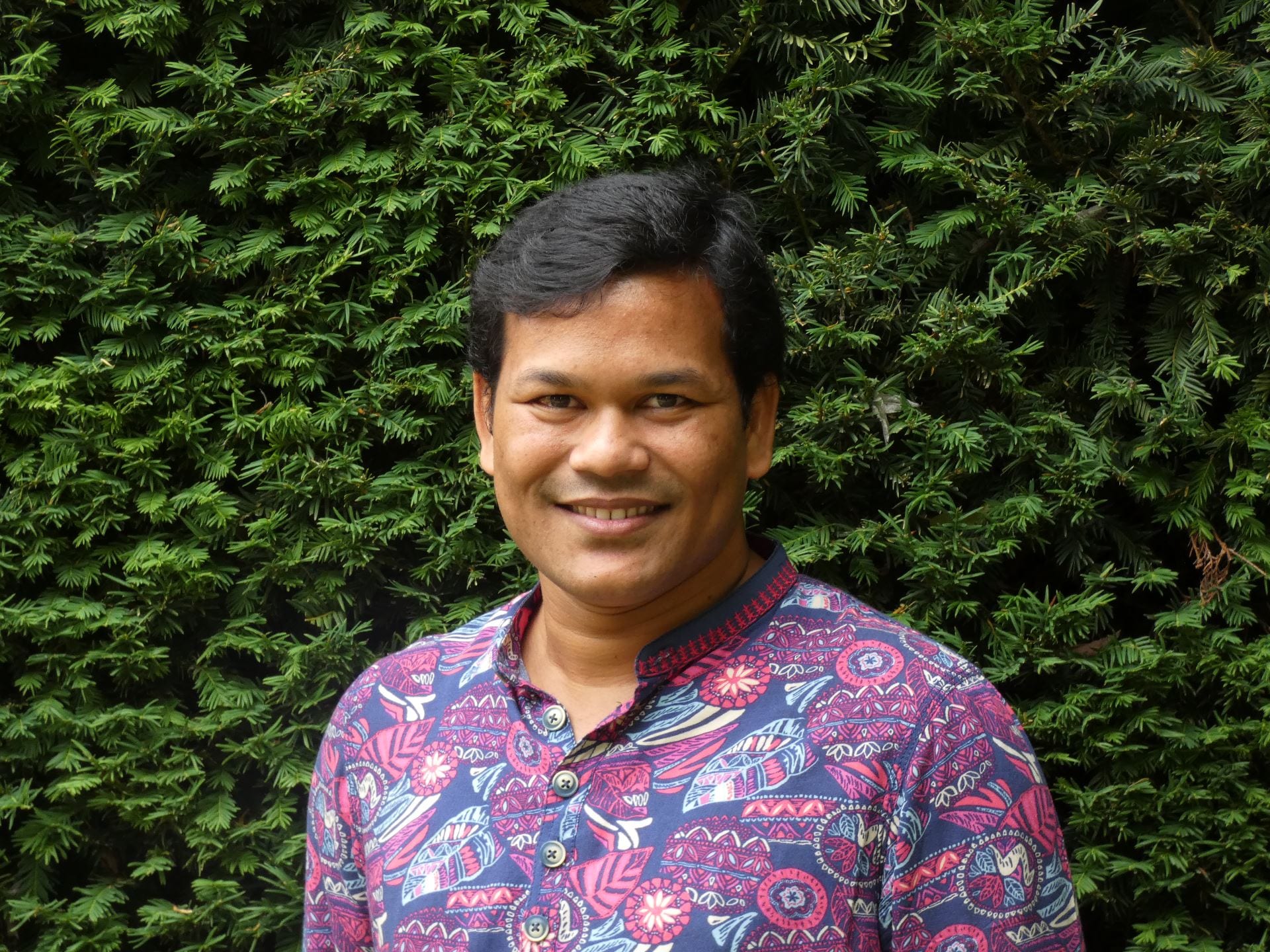When Shafi Mostafa saw growing discontent and conflict in his home country of Bangladesh, he felt compelled to understand the social and psychological factors at play, in order to bring about change. Shafi, a UNE Peace Studies PhD candidate, shares his vision for more robust peace policies and governments that look to the future.
“Until 2013, Bangladesh had not experienced random terrorist attacks, like other countries had,” says Shafi.
“When it started, as a Muslim with a background in theological training, it got me asking: Why is this happening? What is happening to our people, that they are driven to this violence?”
Shafi, an academic at Dhaka University, Bangladesh, took to the internet to find a peace expert to support him in better understanding this issue. He came across Professor Howard Brasted, now his PhD supervisor at UNE.
Shafi has interviewed a range of professionals in Bangladesh dealing with a facet of the militancy issue, including researchers, academics, lawyers, security personnel, leaders of religious groups and political parties and journalists.
He discovered Bangladeshi youth and the middle classes are increasingly “obsessed with the structures and systems they’re living in”, leading to a swell of discontent.
“There’s unemployment, corruption, other structural problems. There’s growing dissatisfaction with the structure of local government and the running world system, they feel it’s an unjust world, where they are systemically victimised,” Shafi says.
Shafi hopes his research will inform world policies that help leaders understand, respond to, and counter religious extremism.
His hopes for peace within Bangladesh rest with the future of Bangladeshi youth.
“I hope Bangladeshi youth become more critical, rather than just looking at the world from one perspective. I want the government to build a country for the youth; to look at their issues and find out what they really want.
“They don’t want to see their country as corrupt and politically powerless. They don’t want to feel victimised. They want harmony.”



Wow Shafi. I laud your commitment and resilience in fighting for a better and more secured world .Kudos!!!
You have spoken spoken the truth, sir. Really helpful. Thank you.
Well narrated, Sir. We are also awaiting for seeing a peaceful Bangladesh.